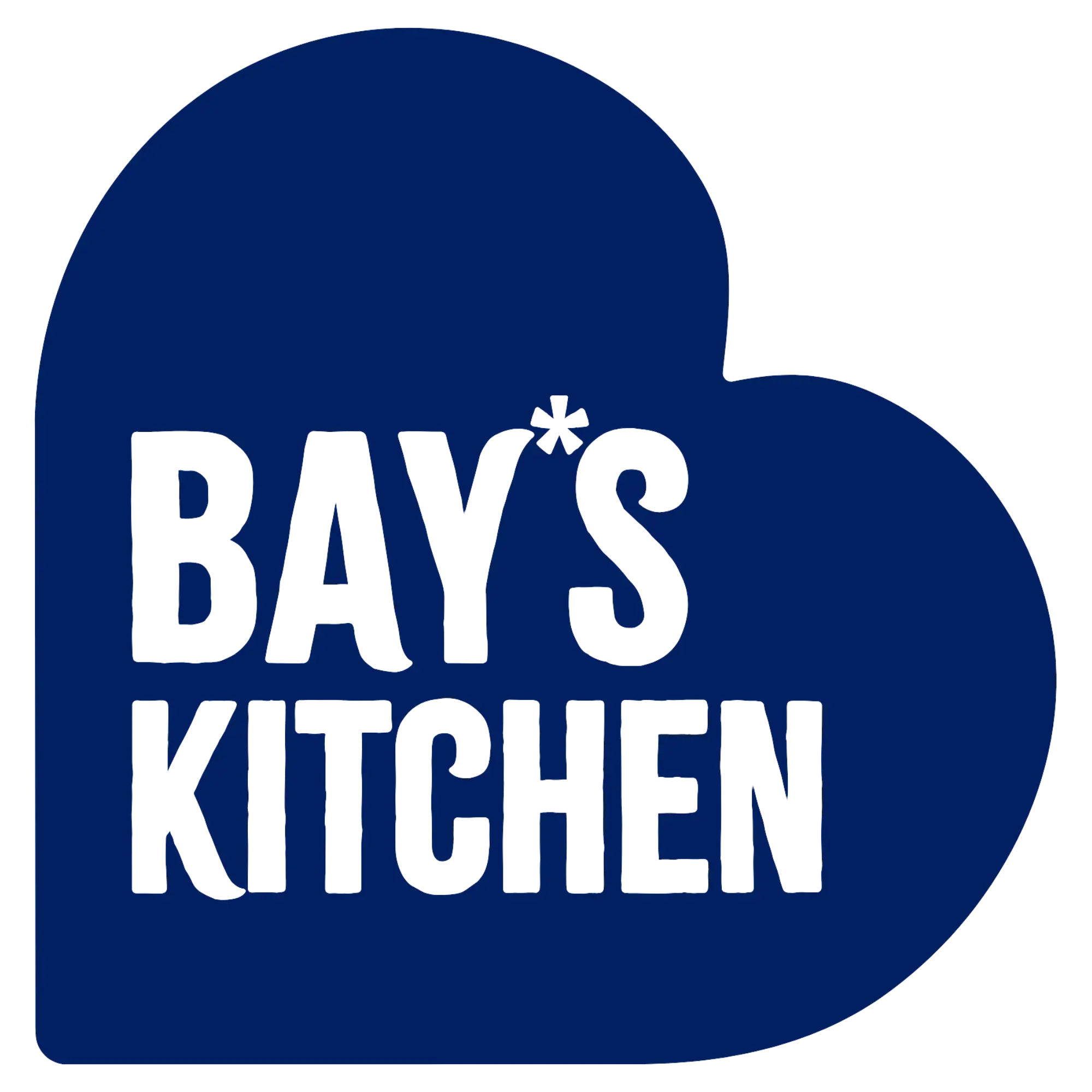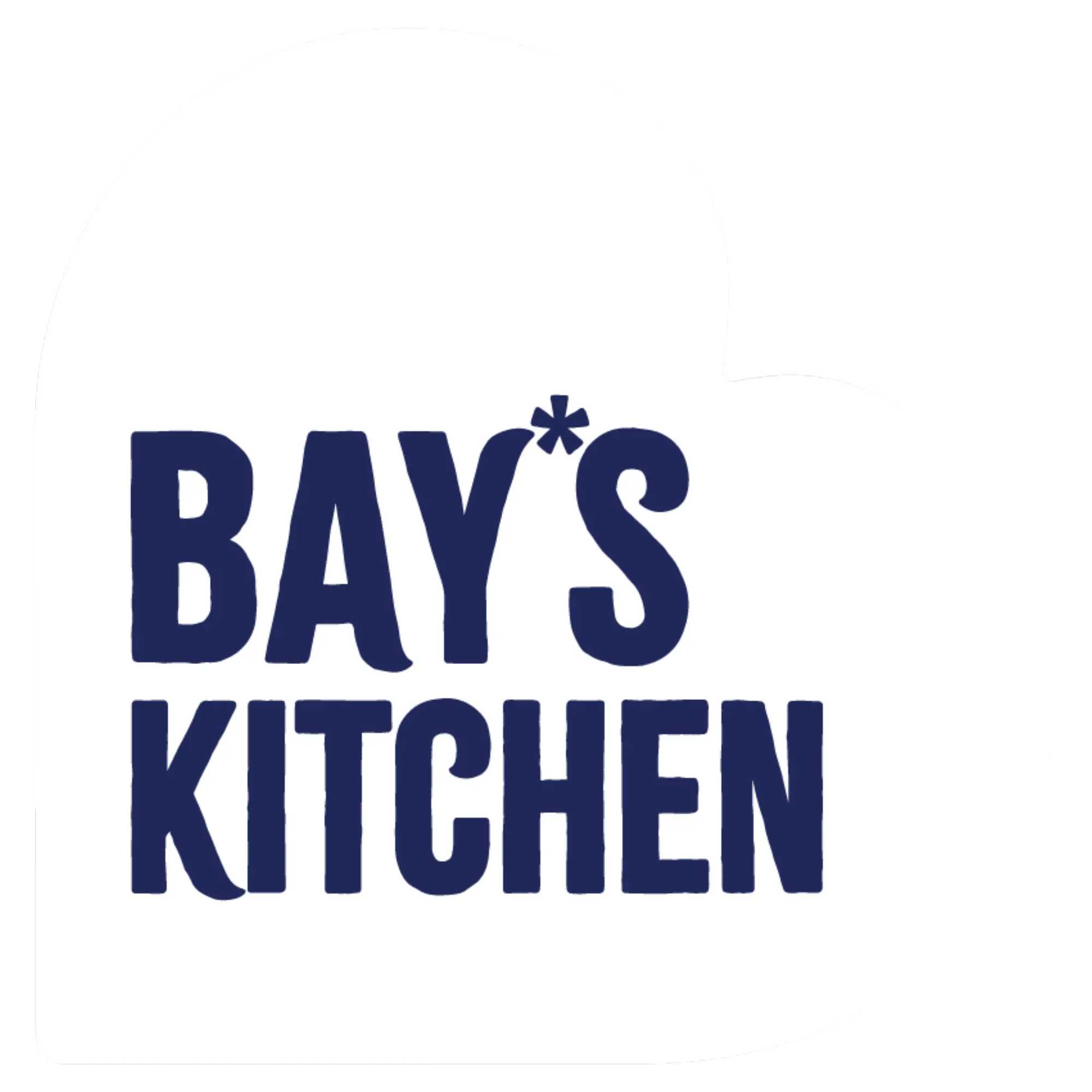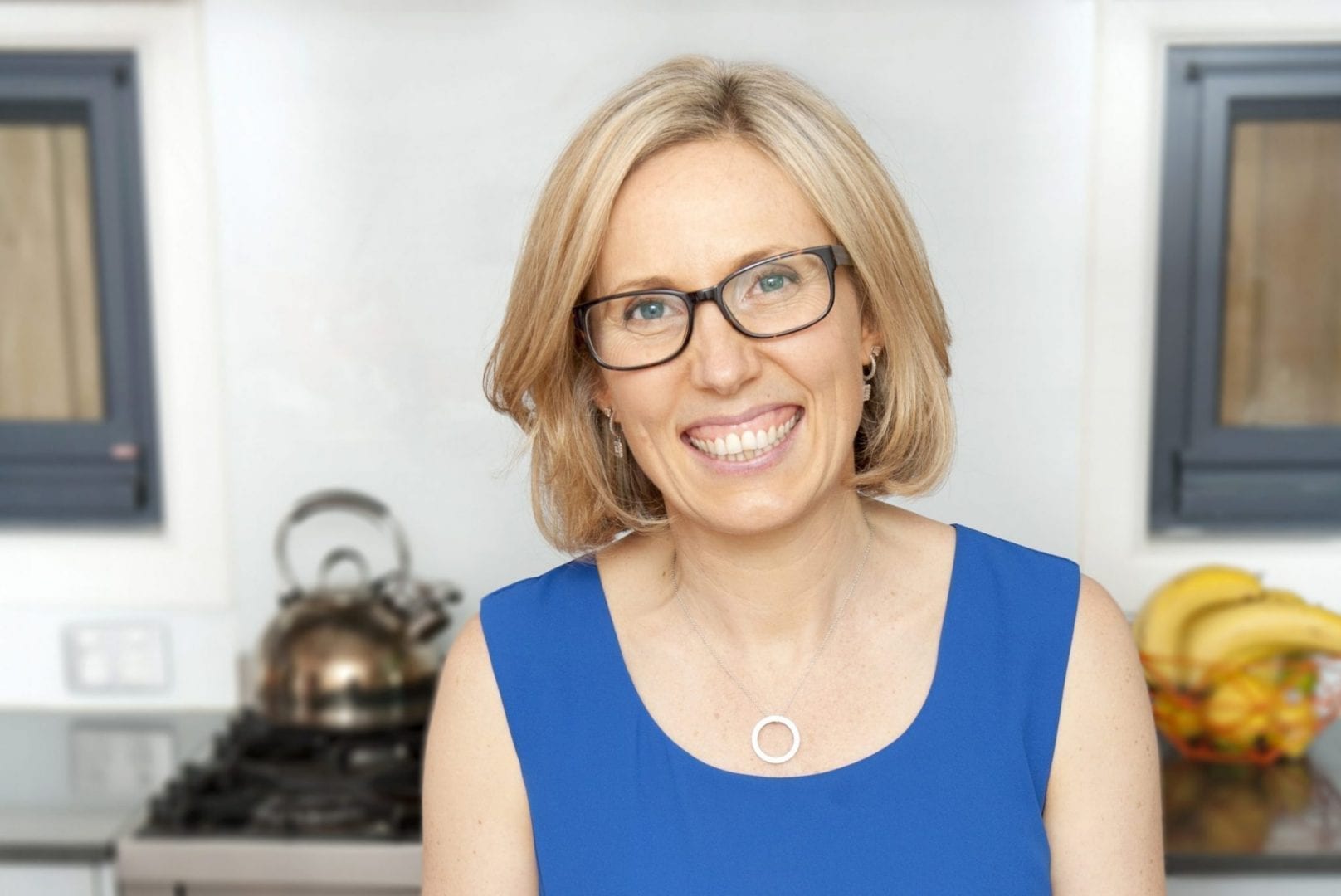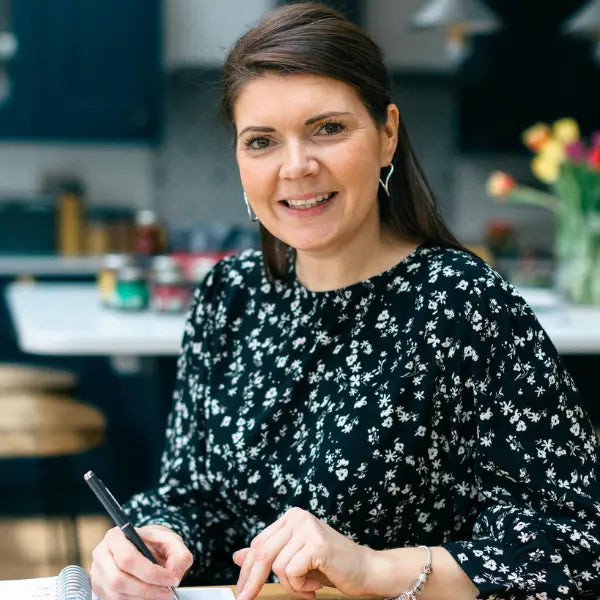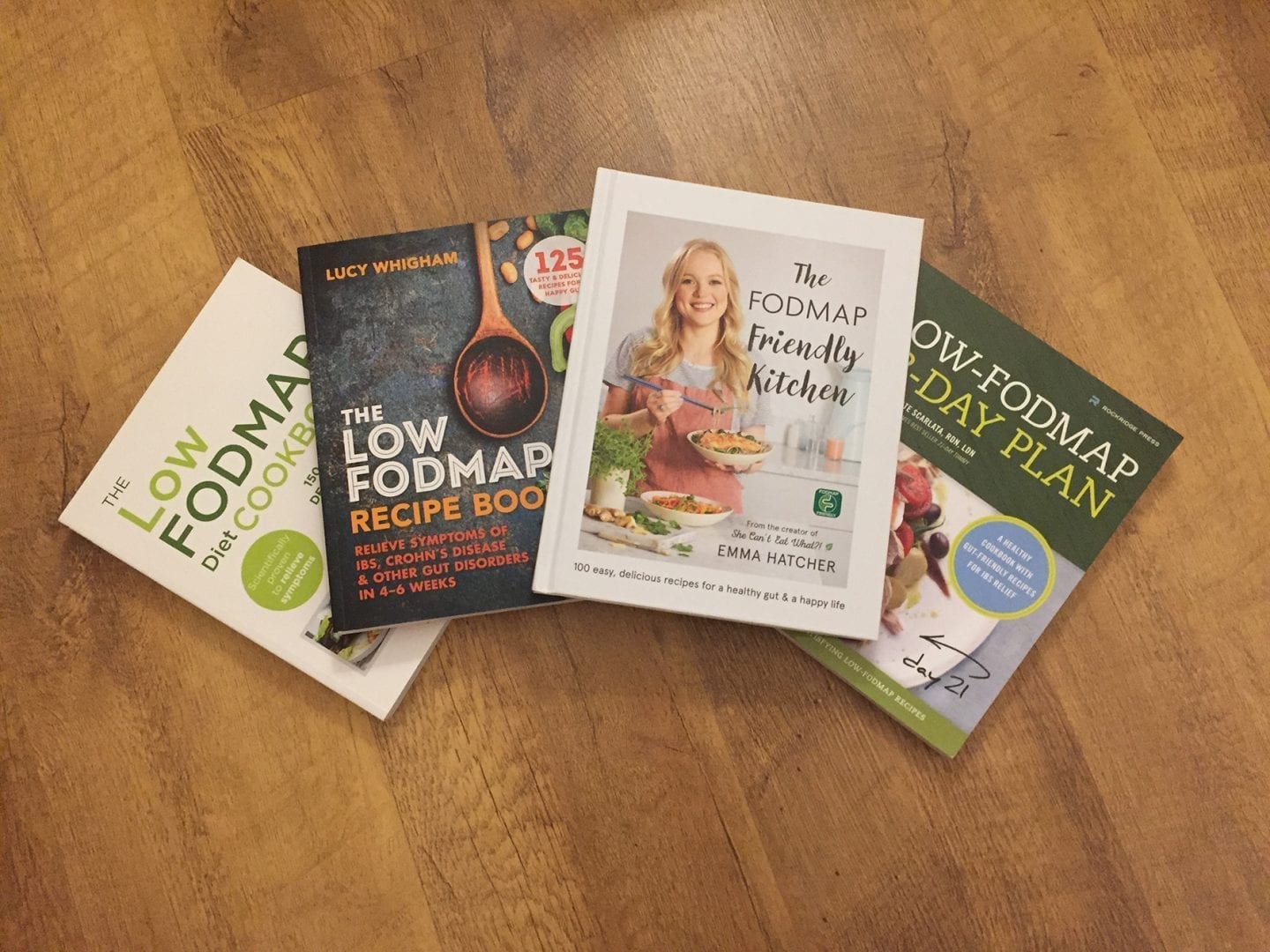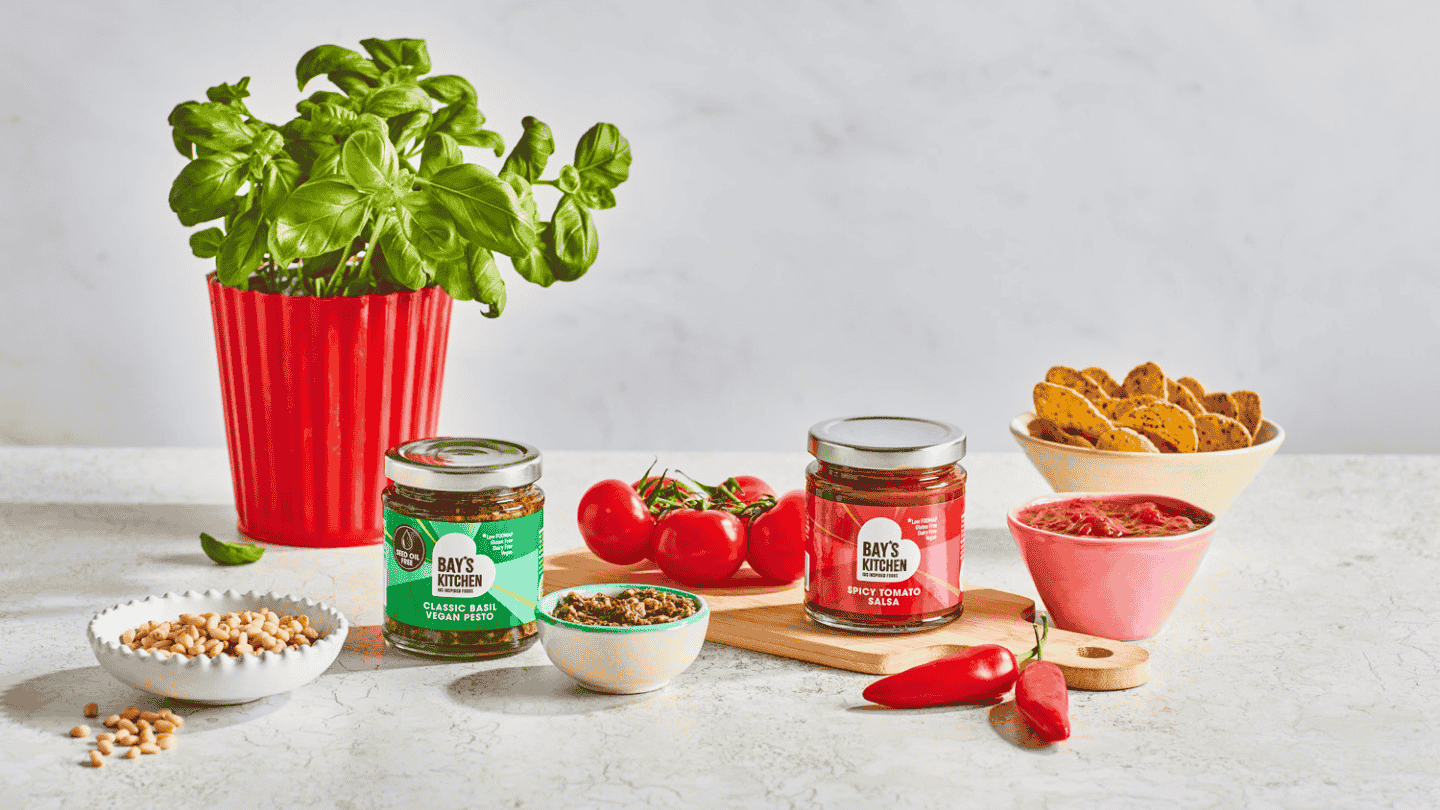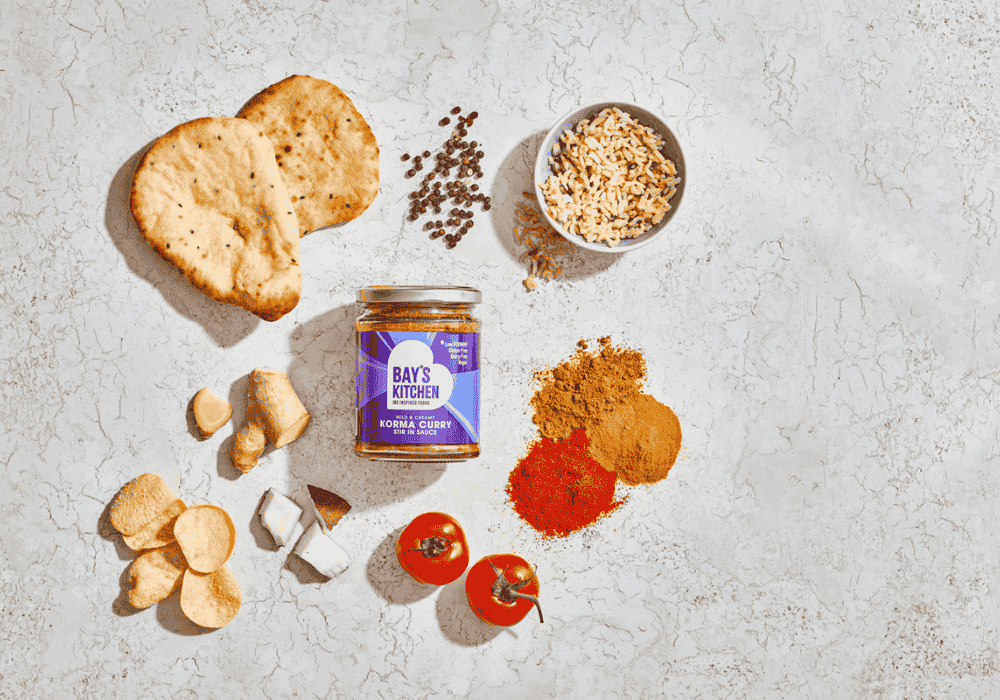Joanna is a foodie, a Dietitian and a Registered nurse, who is passionate about digestive health. She now works exclusively in IBS and food intolerance, dividing her time between consulting to FODMAP Friendly as a dietitian advisor and Everyday Nutrition, her Melbourne based private practice. Her work in never boring, she gets to work alongside food manufacturers to develop low FODMAP products, lecture internationally on the Low FODMAP diet and work privately with patients to help them manage their IBS. In all of these roles, Joanna aims to support people to enjoy food, whilst incorporating practical everyday strategies that manage IBS, and prevent it from getting in the way of living the life they want to live. We asked Joanna a few questions on IBS and the Low FODMAP Diet…
You specialise in digestive health & nutrition, what are some of the common myths around this?
That there is one approach that is right for everyone. We know there are a lot of foods that are great for digestive health. The problem is our digestive systems are really individual and the microbiome there is more individual than our finger prints. On top of this it changes depending on what we eat, the season, our health at any given time, the exercise we do and so on. Add to this any digestive conditions like IBS and not only are needs very individual, but they change over time. This means that just because an approach or treatment is right for one person, it wont be the right approach for another, so if your struggling with digestive health, it’s a really good idea to see a Registered Dietitian who has significant experience in this area.
What do you think the most common mistake people make is when following a low FODMAP diet?
There are two things I see a lot:
1. Always looking at the last thing they ate as the culprit for triggering their digestive complaints. FODMAPs cause trouble in the large intestine, at the very end of the digestive tract. It takes on average 4-24 hours for food to reach here, so usually symptoms are triggered by something eating much earlier in the day or the day before that is the problem. Read more about this here.
2. Thinking that the low FODMAP diet is gluten free. Gluten is the protein in wheat, barley & rye. FODMAPs are the carbohydrate in wheat, barley, rye, milk, sweeteners, legumes, fruits and vegetables. Sometimes they appear in the same foods, but they are different molecules. Meaning that there are low FODMAP foods that contain gluten and there are also gluten free foods that are not low FODMAP. You can read more about this here.
What tips would you give someone on the Low FODMAP Diet who is trying to ensure they get enough fibre?
Try to get plenty of low FODMAP fruits and vegetables and low FODMAP whole grains e.g. oats, brown rice, spelt sourdough bread and low FODMAP nuts & seeds. If you are unsure if you are getting enough of the right types of fibre, see a Registered Dietitian to have your diet assessed and get some personalised advice on tweaking your diet or whether a fibre supplement may help.
How do you manage your IBS? Has the Low FODMAP Diet been a key part of this?
Yes, FODMAPs has been life changing for me.I had gut problems my entire life. I thought it was just me and that I had to live with it. It wasn’t until after my son was born that I tried the low FODMAP diet that I realised that it wasn’t normal to be bloated and windy all the time!
I now know my biggest triggers are milk and sugar alcohols (sorbitol & mannitol), so as long as I avoid these most of the time, I’m pretty good with the other FODMAP groups.
Before someone goes to see a dietitian, do they need to do any preparatory work, e.g. complete a food & symptom diary?
A food and symptom diary for a about a week can be really useful. Since it can take up to 24 hours for FODMAPs to trigger symptoms, it can really help with identifying patterns. What’s probably most important though, is taking a trip to the doctor. There are certain medical conditions e.g. Coeliac Disease, Inflammatory Bowel Disease (Crohn’s or Colitis) and even certain cancers, that can cause similar symptoms to IBS. We really want to know that we aren’t dealing with any of these before we start to modify a person’s diet.
What is one of your most favourite Low FODMAP recipes?
That’s easy, my chocolate fruit & nut brownie! You can view the recipe here!
What is your favourite Low FODMAP food which you couldn’t be without?
I love the Cobram Estate infused oils, they are delicious and a great way to get some garlic and onion flavour back in my cooking. I always have the full range in my pantry and I stock up whenever they are on sale
You can find both Joanna and FODMAP Friendly via their websites and on Facebook, Instagram and Twitter using the following links.
Everyday Nutrition
• Website: Everydaynutrition.com.au
• Facebook: Everyday Nutrition – the gut health experts
• Twitter: @joannabakerAPD
• Instagram: @joannabakerapd
FODMAP Friendly
• Website: FODMAPFriendly.com
• Facebook: FODMAP Friendly
• Instagram: fodmapfreindlyfoodprogram
• Twitter: @FODMAP_Friendly
